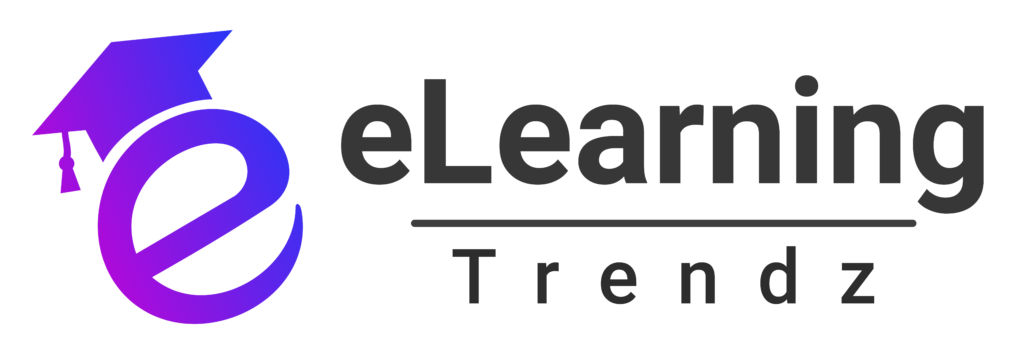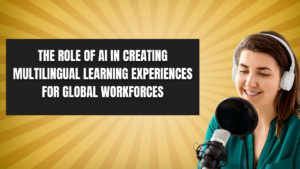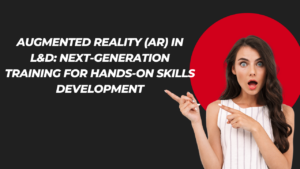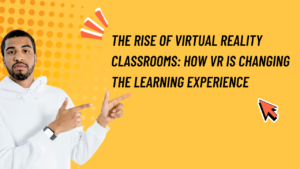Artificial Intelligence (AI) is transforming the way companies support employee learning and development. By leveraging AI technologies, organizations can create personalized, efficient, and engaging learning experiences tailored to individual needs. This article explores the innovative ways companies are utilizing AI to empower their workforce with the skills needed for success in a rapidly evolving professional landscape.
1. Personalized Learning Paths
AI enables the creation of customized learning journeys by analyzing individual employee data, such as performance metrics, skill levels, and career aspirations. For instance, ServiceNow developed an AI-driven platform called “frED,” which allows employees to map their career paths, set goals, and identify skill gaps. The system then recommends tailored programs, achieving over 65% employee engagement within weeks of launch.
2. AI-Powered Chatbots for On-Demand Learning
AI chatbots act as virtual assistants, providing employees with instant access to learning resources and information. These chatbots can answer queries, deliver training materials, and offer real-time support. This on-demand assistance ensures employees receive immediate help, enhancing the overall learning experience.
3. Identifying and Bridging Skills Gaps
AI helps organizations identify skills deficiencies by analyzing employee performance data and market trends. For example, Johnson & Johnson uses an AI-driven “skills inference” process to evaluate workforce capabilities and pinpoint areas for improvement. Targeted training programs address specific needs, enabling employees to acquire the skills necessary for success.
4. Enhancing Engagement Through Gamification
By integrating AI with gamification strategies, companies make learning interactive and motivating. AI-driven platforms incorporate elements like leaderboards, badges, and points to transform traditional training into engaging experiences. This approach increases participation, boosts knowledge retention, and ensures practical application of skills in real-world scenarios.
5. Real-Time Feedback and Continuous Learning
AI systems offer immediate feedback to employees during training, enabling quick adjustments and fostering a culture of continuous learning. For instance, customer-facing teams benefit from AI simulations that provide instant coaching to enhance communication and service skills. Real-time feedback empowers employees to track progress and refine their abilities effectively.
6. Supporting Remote and Hybrid Learning Environments
In the age of remote and hybrid work, AI plays a crucial role in delivering consistent and accessible learning experiences. AI-powered platforms adapt content delivery to different learning styles and environments, ensuring all employees have equal opportunities for development. This flexibility supports diversity and inclusivity, promoting equitable growth opportunities for all.
7. Predictive Analytics for Future Skill Needs
AI’s predictive capabilities enable organizations to anticipate future skill requirements by analyzing market trends and business objectives. By understanding these needs, companies can proactively design training programs to prepare employees for upcoming challenges. This strategic foresight aligns workforce development with long-term business goals, fostering a resilient and future-ready organization.
Conclusion
The integration of AI into employee learning is reshaping how companies approach workforce education. Through personalized learning paths, real-time feedback, and engaging training methods, AI empowers employees to build the skills necessary for success in today’s dynamic work environment. As businesses continue to adopt AI-driven learning solutions, they not only enhance employee capabilities but also drive innovation and growth in a competitive global market.
Embracing AI for learning is no longer optional—it’s the key to preparing the workforce for the future.
